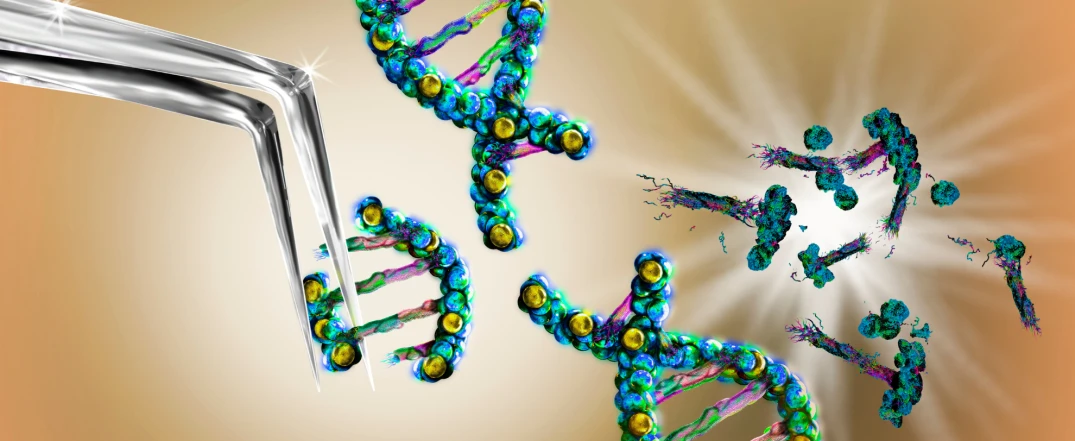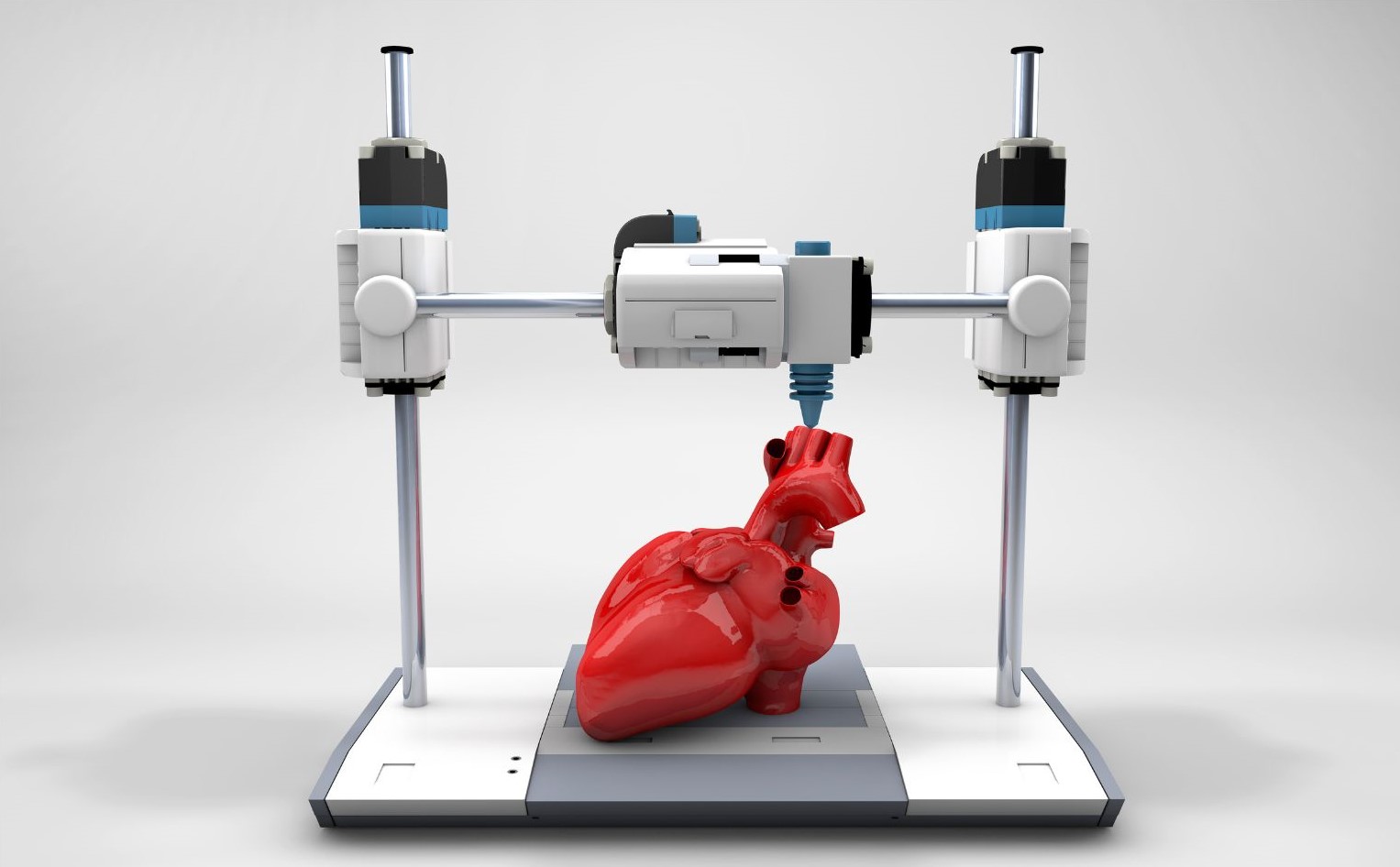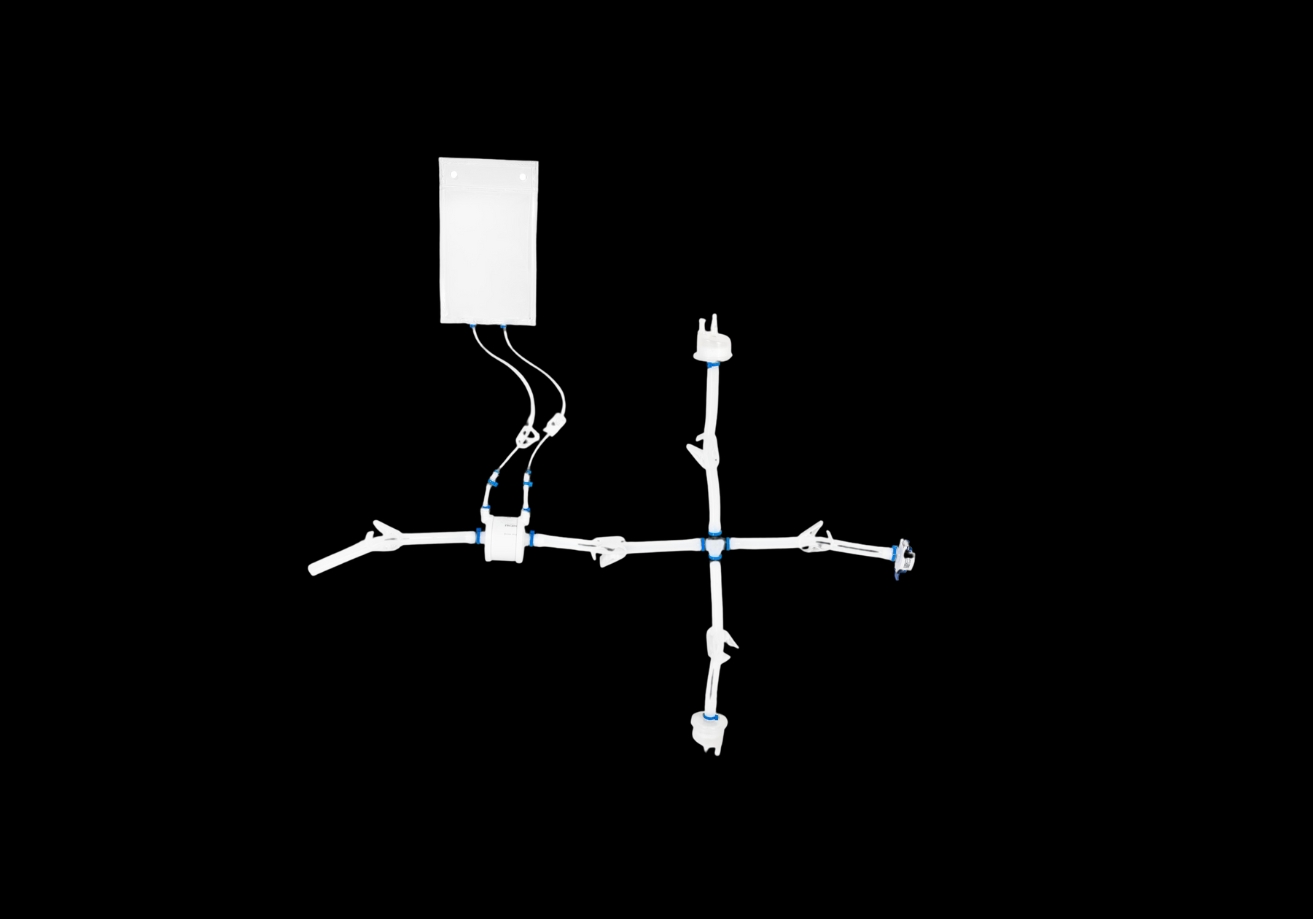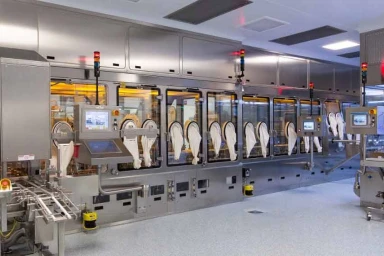The Advancement of Regenerative Medicine: Innovation and Collaboration in Biotechnology

Regenerative medicine has emerged as one of the most promising fields within biotechnology and medical science. Its focus on repairing, replacing, or regenerating damaged cells, tissues, and organs offers solutions for chronic diseases, severe injuries, and degenerative conditions that were once considered incurable. This field has seen exponential growth in the past decade, driven by advancements in tissue engineering, gene therapy, and the development of biomaterials.
The Evolution of Regenerative Medicine
From Stem Cells to 3D-Printed Organs
Regenerative medicine has made significant strides over the past few decades. Initially, efforts were concentrated on using stem cells to treat specific diseases. Today, with emerging technologies like 3D printing of tissues and organs, advanced gene editing, and optimized cell cultures, we are achieving unprecedented levels of personalization and efficiency. The ability to create bioartificial organs and tissues opens new avenues for treating complex conditions like heart failure or neural damage, areas where previously only palliative care was available.

These advancements have also led to a shift in how medical treatments are conceived. Regenerative medicine is no longer just about curing diseases; it now focuses on regenerating, replacing, and restoring full organ and tissue function, transforming the lives of millions of patients worldwide.
Trends and the Future of Regenerative Medicine in 2024
Personalized Therapies and New Opportunities
In 2024, therapies based on regeneration are beginning to integrate as standard options in healthcare. The application of CRISPR-Cas9 for targeted genetic correction and the creation of lab-grown organs through 3D bioprinting are two of the most dynamic areas. These innovations not only aim to solve current medical problems but are also designed to anticipate future needs, such as tissue regeneration for an aging population.

Another key factor is the growing trend toward personalized therapies. Treatments tailored specifically to each patient’s genetic profile are on the rise, reducing the risk of rejection and enhancing effectiveness. This advancement requires a highly efficient biotechnological ecosystem, where the precision and quality of each component are crucial for clinical success.
The Role of Component Suppliers in Biotechnological Processes
Quality and Precision in the Supply Chain
In developing regenerative therapies, every component plays an essential role in the value chain. From specific reagents to laboratory equipment and fluid transfer systems, biotechnology solution providers ensure that critical processes are carried out with maximum safety and efficiency. Among these suppliers are manufacturers of silicone tubing, bioprocessing kits, and other elements that are vital for ensuring biological products maintain their integrity throughout all stages of development and production.

Venair, for example, is part of this global network of suppliers offering key components for biotechnology and regenerative medicine. With its expertise in biotechnology solutions, Venair provides silicone tubing and customized kits used in processes such as vaccine production, drug manufacturing, and the transfer of biological solutions. The precision and purity of these components are critical for maintaining the high-quality standards required in medical and biotechnological procedures.
Collaboration and the Future of Regenerative Medicine
Synergy Between Science and Technology
The progress in regenerative medicine relies not only on scientific advancements but also on effective collaboration between researchers, developers, and component suppliers. Venair, with its experience in biotechnology and customized solutions, plays a strategic role for companies looking to bring revolutionary treatments to the market. Venair’s contribution goes beyond supplying components; it also involves offering technical advice and tailored solutions to meet each client’s specific needs.
In summary, regenerative medicine continues to break barriers, but its success largely depends on the precision and quality of every component in the supply chain. Venair positions itself as a strategic partner in this chain, ensuring that innovative therapies reach patients safely and effectively. The synergy between advanced science and quality technology is ultimately what will fulfill the promises of regenerative medicine in the coming years.






